As concerns about air quality grow, it’s clear that transportation is a major contributor to air pollution. The emissions from our vehicles release greenhouse gasses, such as carbon dioxide, methane, and nitrous oxide, into the atmosphere. These gasses trap heat, leading to global warming and climate change.
To address this pressing issue, let’s delve deeper into the specific impact of transportation on air pollution and explore potential solutions to create a cleaner and healthier future.
Reduce Gas Consumption
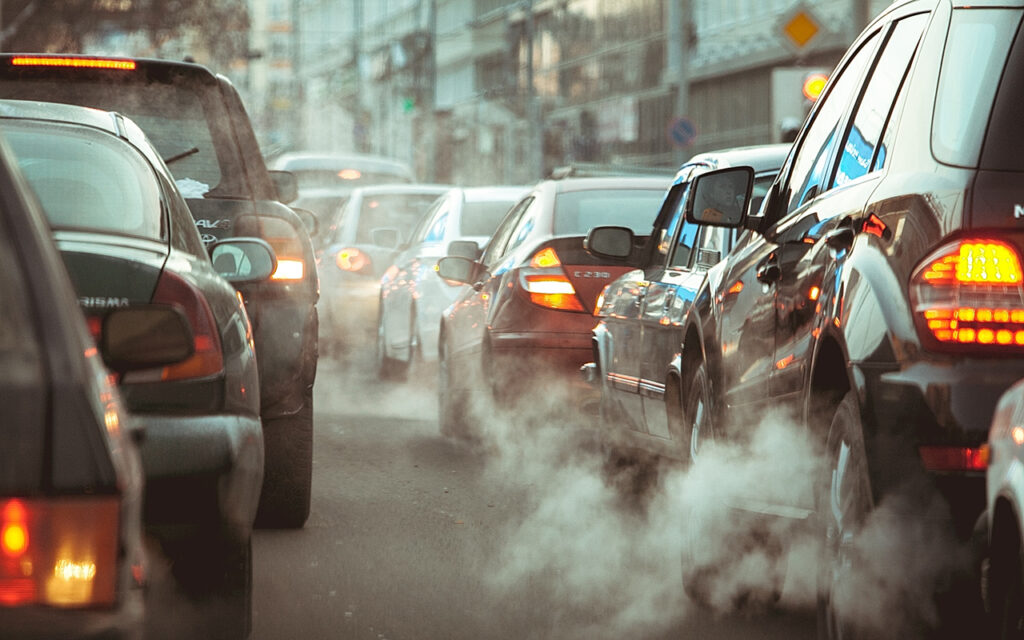
Do you live in an area where you can ride a bike or walk to work? What about public transportation or carpooling? If you like to read, public transportation is one of the best ways to unwind before and after work.
On nights and weekends, see if you can consolidate your trips to the stores, restaurants, and other destinations. It may seem like your contributions are minimal but, as this becomes a habit, it really does add up.
If you’re in a position where your car idles a lot, it would be better to turn it off. Trucks at truck stops, unfortunately, can’t really avoid this because they need to run reefer units and air condition the cabs.
But, families can contribute at school pickup lines, drive-throughs, campgrounds, and other destinations where idling might occur.
Maintain Your Vehicle
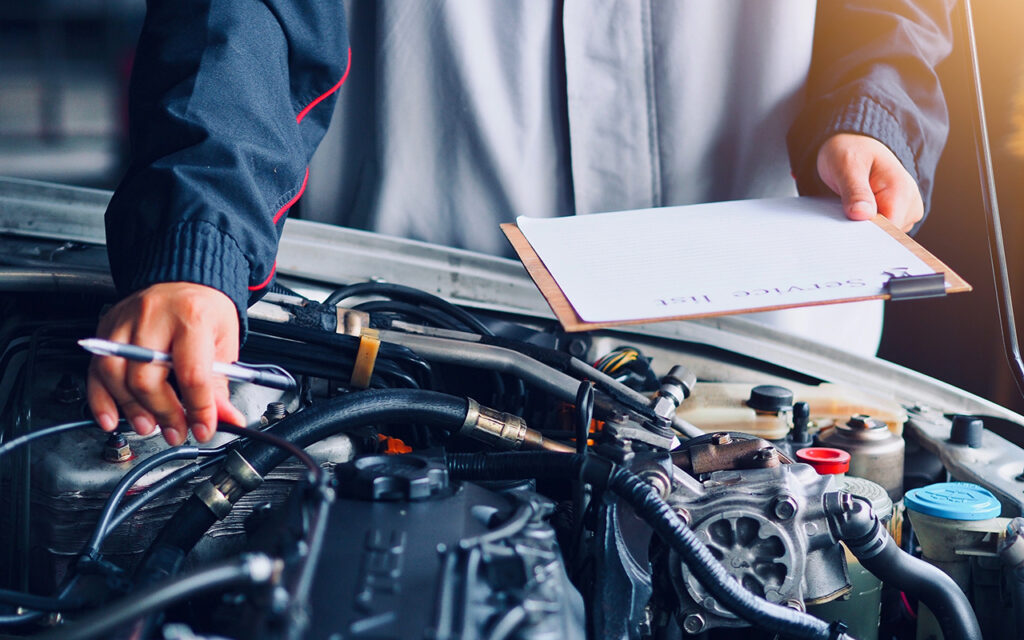
People often search for vehicles with the best gas mileage. While that’s helpful for their bottom line, it’s also helpful for the environment. The less a car consumes fuel, the less it’s going to emit into the atmosphere.
When that pesky check engine light comes on, it may mean more than just a little bit of trouble for you and your mechanic. It may also mean trouble for the environment if your vehicle’s emissions control systems are failing.
Something as small as the air in your tires can also impact emissions which is why it’s good to always have the mindset of keeping your car in good repair. When tires are underinflated, they can reduce the vehicle’s gas mileage, especially when driven at lower speeds.
Have you ever extended the clicks at the gas pump when filling your tank? Maybe you just wanted to round up to that even number? This can actually release harmful fumes and should be avoided for your personal safety as well as that of the environment.
Maintain Your Home
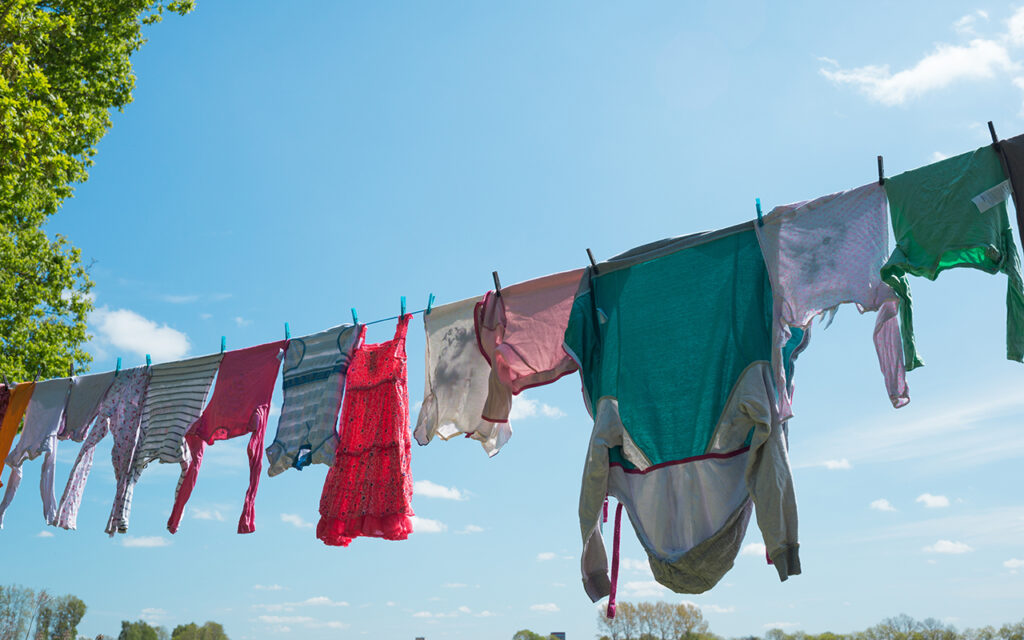
As you keep your car in tip-top shape, take a look around your home, as well. There are probably a few areas you can tighten up as you join the fight.
When it’s time to replace appliances, opt for energy star additions. Have all your gas appliances and heating equipment regularly inspected. Insulate areas of the home where energy may be wastefully emitted. Hire a professional to insulate your water heater and hot water pipes.
When it’s time to spruce up the interior or exterior of your home with a coat of paint, use a brush or roller instead of a sprayer. See if you can install a line outside to hang your laundry instead of running a dryer regularly. If you like to barbecue with friends and family, opt for one that uses natural gas instead of charcoal.
Finally, do your best to choose products made of recycled materials or ones that come from sustainable sources like bamboo or hemp. Stick a few reusable grocery bags in your purse instead of using plastic. And, whenever you have the opportunity, plant a tree!
Avoid Burning Trash
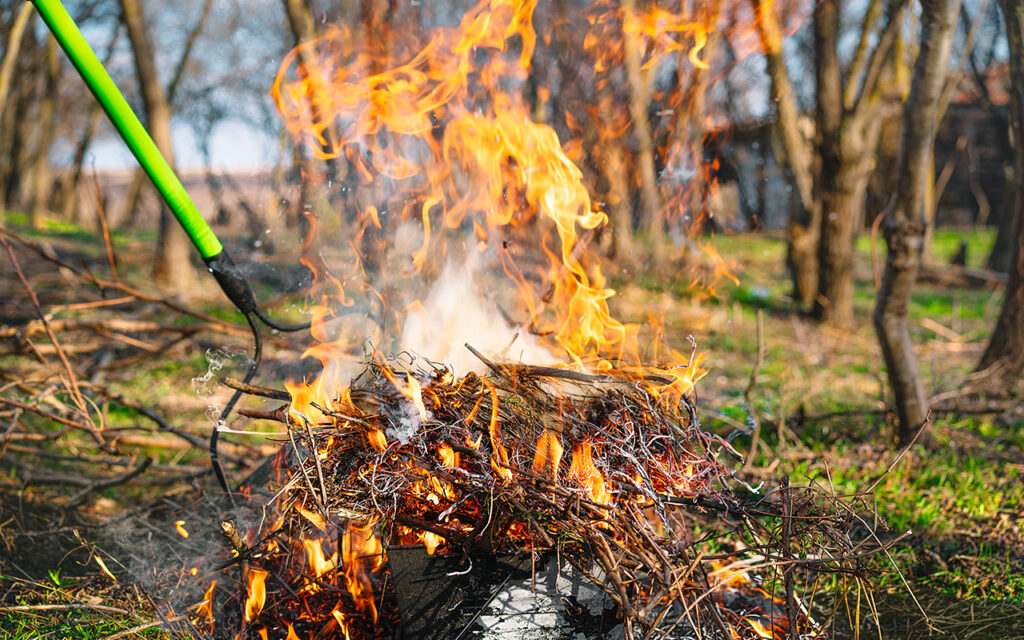
The human impact on the environment cannot be understated. What often seem like harmless activities can be the biggest contributors to air pollution.
If you live on a large expanse of land, you might burn your trash to avoid regular trips to the dump. While this seems like a nice solution, if you’re interested in protecting the environment, you may need to revert to regular trips to the dump.
Open burning releases an untold number of harmful contaminants into the air. You may have noticed that municipal water incinerators have chimneys or smoke stacks. When we burn our own trash, those fumes are released straight into the air without the filter of a chimney or smoke stack.
And, in a worst case scenario, should the open burning start a wildfire, you’re looking at a whole new level of fumes and toxic air pollutants as the fire and smoke spreads.
Plant Trees

Whether you do it on your own property or join a community effort, planting trees can aid in the battle against air pollution in your local environment.
Trees filter out pollutants and absorb some of the harmful levels of carbon dioxide that contribute to the greenhouse effect.
While they remove those contaminants, they also release oxygen back into the air. This largely contributes to the feeling of being in the great outdoors and wanting to breathe in all that fresh air.
Use Manual Garden Tools
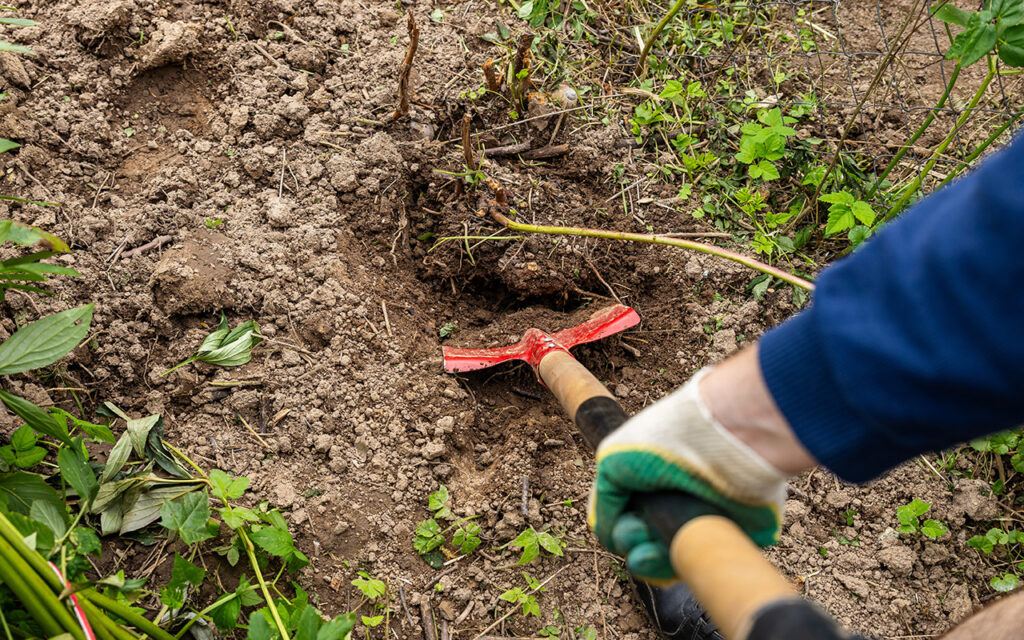
On par with driving less, gas-powered lawn mowers and ride-along lawn mowers should also be taken into consideration.
They, too, release harmful emissions into the air and are not regulated with pollution control devices the way cars are. You might like to see if you can invest in an electric lawn mower or even hand-held tools.
Go Electric

Continuing with the electric vs. gas-powered debate, let’s discuss energy efficiency in the home. Installing energy efficient appliances and HVAC systems doesn’t just benefit your bank balance. It also preserves energy and, therefore, the environment.
You may be wondering how electric and energy efficient appliances play into all this. Power plants burn fossil fuels to generate electricity. So it’s a combination of efforts on your part. If you use less gasoline, natural gas, and electricity, fewer pollutants are emitted – cumulatively speaking.
Like driving less, it may not feel like you’re making sweeping changes. But, never lose sight of the fact that every little bit adds up over time.
Use Eco-Friendly Products

Eco-friendly products like soaps, detergents, cleaners, and shower products help keep the environment clean, as well. If they’re made from recycled materials, they probably used less energy to manufacture.
They also tend to contain fewer smog-inducing chemicals and are packaged in biodegradable materials. On a similar note, they may also be less damaging to our hair, skin, and household surfaces.